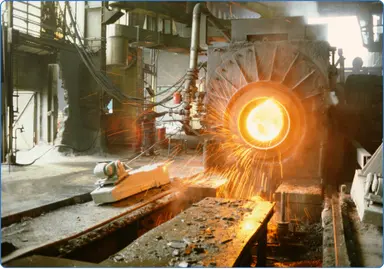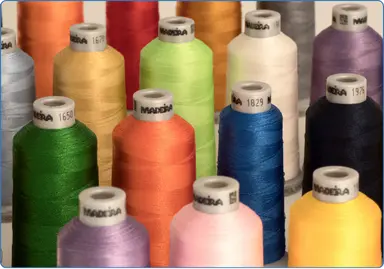Autoclave Feedwater Treatment
Autoclaves are critical components in sterilization processes across industries such as healthcare, pharmaceuticals, and biotechnology. These high-pressure steam systems require high-quality feedwater to function effectively and maintain operational longevity. Poor water quality can lead to scaling, corrosion, and inefficiencies that compromise sterilization performance and increase maintenance costs.
Autoclave feedwater treatment systems are designed to optimize water quality by removing impurities, dissolved solids, and other contaminants that can affect autoclave performance. Advanced water purification technologies ensure that feedwater meets the stringent requirements necessary for reliable and efficient sterilization.
Key Systems and Technologies Used in Autoclave Feedwater Treatment

Reverse Osmosis (RO)
Removes dissolved salts, organic matter, and particulates to ensure high-purity water.

Ultrafiltration (UF)
Removes fine particles, bacteria, and other microorganisms to enhance feedwater quality.

Water Softener
Prevent scaling by removing hardness ions such as calcium and magnesium.

Deionization
Eliminates ionic contaminants, achieving low conductivity levels essential for autoclave operations.
Applications of Autoclave Feedwater Treatment
- Healthcare Facilities: Provides purified feedwater for autoclaves used in sterilizing surgical instruments and equipment.
- Pharmaceutical Manufacturing: Ensures high-quality feedwater for autoclaves involved in the production of sterile drugs and APIs.
- Biotechnology Labs: Supports sterilization processes for bioreactors, glassware, and lab instruments.
- Food and Beverage Industry: Ensures clean, high-quality water for autoclaves used in canning, bottling, and other sterilization applications.
Advantages of Autoclave Feedwater Treatment
- Prevents Scaling: Eliminates hardness ions that cause scale buildup, maintaining heat transfer efficiency and prolonging equipment life.
- Enhances Sterilization Efficiency: Ensures steam purity for consistent and effective sterilization processes.
- Reduces Maintenance Costs: Minimizes downtime and repair costs associated with scaling and corrosion.
- Regulatory Compliance: Meets stringent water quality standards required for sterile environments.
- Sustainability: Optimized water usage reduces waste and supports eco-friendly operations.
Challenges and Solutions in Autoclave Feedwater Treatment
- Hard Water Issues: Water softeners and anti-scalants effectively mitigate hardness-related problems.
- Corrosion Risks: Deionization and chemical dosing systems protect against corrosive elements.
- Bacterial Contamination: Ultrafiltration and periodic system sanitization ensure microbial control.
- Energy Consumption: Efficient reverse osmosis and softening systems reduce operational energy costs.
FAQs about Autoclave Feedwater Treatment
- Why is high-quality feedwater essential for autoclaves? High-quality feedwater prevents scaling and corrosion, ensuring efficient operation and effective sterilization.
- What water quality parameters are critical for autoclave feedwater? Conductivity, hardness, and microbial contamination are key parameters to monitor and control.
- Can untreated water damage autoclave systems? Yes, untreated water can cause scale buildup, corrosion, and reduced sterilization efficiency.
- How often should autoclave feedwater systems be maintained? Regular maintenance, including filter replacements and system inspections, is recommended every 6-12 months.
- What industries benefit most from autoclave feedwater treatment? Healthcare, pharmaceuticals, biotechnology, and food and beverage industries rely heavily on autoclave feedwater treatment.